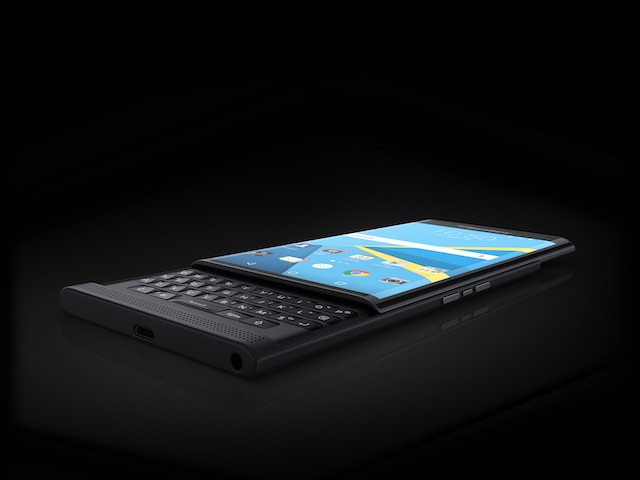Having written about BlackBerry’s ambitions in the marketplace for The Australian last week, it wasn’t surprising to be invited to the company’s Down Under launch of their Priv handset earlier today.
The event illustrated some brutal realities about mobile phone market and BlackBerry’s efforts to build on its strengths in the enterprise security space.
With 2.7 billion dollars of cash reserves, the company has seven years of breathing space at its current loss rates although it’s notable the stock market values the company at $3.5bn, implying investors value the business’ operations at a measly $800 million.
Given the collapse in BlackBerry’s handset business from twenty percent of the market at the beginning of the decade to an asterix today, that pessimism from investors isn’t surprising and underscores why the company is recasting itself as an enterprise security provider.
Five major acquisitions in the last 18 months have demonstrated how BlackBerry is attempting to recast its business; security services like Good Technology and Secusmart through to warning software like At Hoc have seen the company bolster its range of offerings.

Coupled with the recent acquisitions are its own longstanding messaging and secure communications services combined with the QNX software arm that promises a far more reliable Internet of Things than many of the current operating systems being embedded into smart devices.
The Android smartphone system itself is bedevilled with dangerous apps running on outdated software and where BlackBerry hopes their PRIV handset can attract enterprise users conscious of the need to secure their employees’ devices.
For BlackBerry though, the PRIV being shipped with the Android operating system is a capitulation to the smartphone market’s stark reality where there is only demand for two products and outside players like BlackBerry or Windows are destined to wither away.
While the PRIV is a nice, albeit expensive, phone and the slide out physical keyboard is nice to use, the device seems to be a desperate attempt by the company to stay in the smartphone market.
As an outside observer it’s hard to see the justification for BlackBerry continuing as a phone manufacturer, there may be some intellectual property value from the development of the devices – although it should be noted the company only valued its IP assets at $906 million in November 2015.
While the PRIV is a perfectly good Android phone it will probably be the last smartphone BlackBerry makes, the challenge for the company’s management now is to tie together the software assets it has into a compelling suite of products for the enterprise sector.
In an age where devices of all types are going to be connected, the market for ensuring their security should be huge. Catering to that market should be BlackBerry’s greatest hope of survival.

Leave a Reply